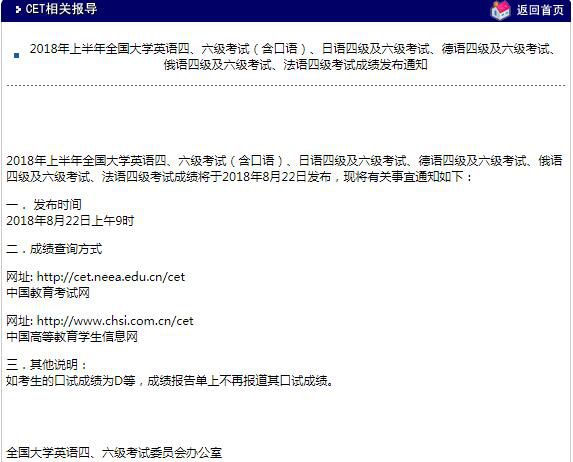US will not seek cap on emissions
|
The US is not pursuing a mandatory cap on greenhouse gas emissions from China, US climate change envoy Todd Stern said yesterday in Beijing. "We don't expect China to take a national cap at this stage," Stern said, adding that what China had already done - the 20 percent energy efficiency target it set within the current five-year plan, its renewable energy initiatives and nuclear power targets - was "very impressive". What the US is expecting from China is its continued effort in the next five-year plan and after, "so that China's emissions can grow slower and start to come down eventually," said Stern during an interview with China Daily at the close of his three-day visit to China. "We understand China's paramount need to grow and develop for its people," he said. "Our demand is that the development, with the available technologies, is based on low-carbon growth." After having discussions with China's Vice-Premier Li Keqiang and climate change envoy Xie Zhenhua, Stern believes China, which is developing its next five-year plan, "is willing to do more". A recent meeting on climate change chaired by Premier Wen Jiabao shows China's central government is considering carbon dioxide emissions targets for its economic and social development programs in the country's 12th Five-Year Plan (2011-2015). Meeting with Chinese leaders laid the foundation for future talks, even though a "formalized partnership" was not possible this time, Stern said. The two nations will not make a separate deal alongside ongoing international talks on climate change, he added. "But the US and China are trying hard to find common ground to reach understandings that can bring us together," he said. "If that happens, it would have an enormous impact on the overall multilateral negotiations that will go on in Copenhagen." He said: "The negotiation process has been politicized historically. We need to focus on what's really important. We can't afford to let things descend into political games." Daniel Dudek, chief economist with the Environmental Defense Fund, said Stern's stance was understandable at an early stage of engagement. "People, I think, are really trying to understand the negotiating territory and what is in the art of the possible between the two nations," Dudek told China Daily. But he said it is important to remember the US may eventually want more from China. He cited John Kerry, a prominent senator and former candidate for the US presidency, as saying: "There's no way we are going to get an agreement in the US Senate unless they, meaning China, reduce their emissions." "So, I think, as they proceed, and our Congress continues to develop legislation, expectations will rise on the part of the US in relation to what China will need to do," Dudek said. |








